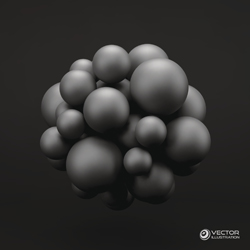Spray technology for large-scale nanoparticle production
The global market for nano-oxides expanded recently by approximately four times in as many years. Despite their increasing presence in a myriad of products and technologies, nanoparticles remain difficult and expensive to produce with most processes employing several production steps. EU-funded scientists working on the project ADVANCE-FSP(opens in new window) took a promising one-step process from lab-scale to a prototype industrial production line to overcome this barrier. Flame spray pyrolysis has the ability to synthesise a variety of advanced inorganic nanoparticles in a single step for important savings in time, materials and money. However, at the time of the project proposal, the lab-scale production could only deliver a few hundred grammes per hour (hr). In addition, past efforts at up-scaling typically increased the size of the metal oxide nanoparticles in an undesirable way. The team used in-line measurement methodologies to optimise formulations and process parameters. Researchers supported experimental work with computational fluid dynamics modelling and simulations. Through incremental increases in production, scientists achieved their production goal of 5 kg/hr and set a world record for flame spray pyrolysis capacity. Thorough analyses of safety and nanoparticle risk management according to accepted procedures resulted in an industrial production line that completely removes the need for human contact with the nanopowders. It integrates automated feeding of nanoparticles and automated conveying and packaging of products. Economic analyses demonstrated the potential of flame spray pyrolysis to cut commercial prices in half in some cases. Environmental studies show a clear benefit to the technology largely due to the elimination of large volumes of solvents. Although the global market for nanomaterials is huge, products still rely largely on older and better established nanoparticles. The ability to quickly and cost effectively produce large-scale quantities of new types could open the door to exciting products not previously possible. It will simultaneously put the EU in the technologies forefront, contributing substantially to the economic well-being of European countries and their citizens.







